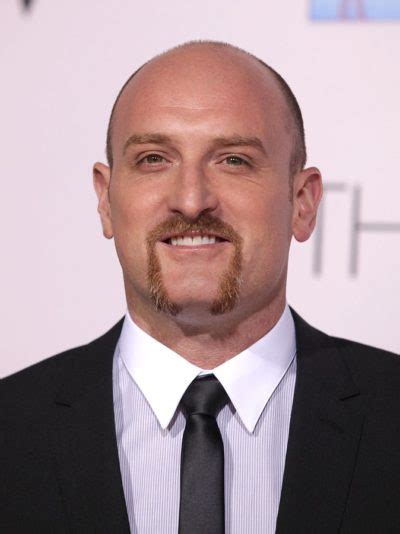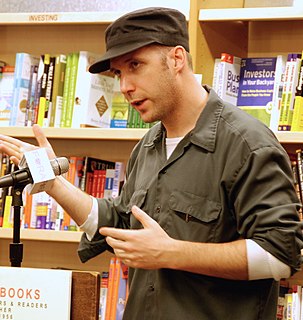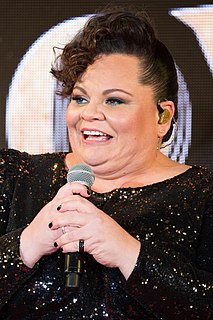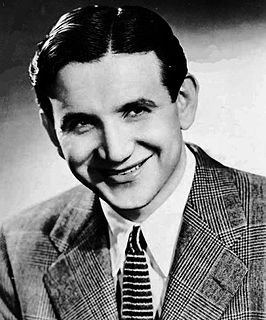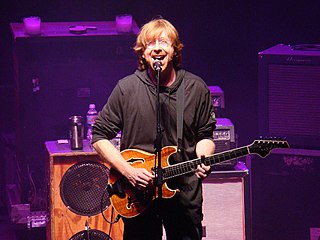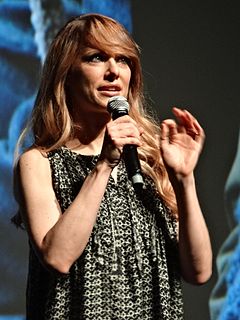A Quote by Amit Trivedi
In the 1990s music was a beautiful collaborative process between the composer, lyricist and director. They would exchange ideas and magic used to happen.
Related Quotes
One of the good things is the relationship between director and editor used to be more contentious. Studios used to leave directors alone more during the post production process and now they're clamoring to get in. So, the director and the editor end up teaming up sort of against the studio to fight what they're doing and you lose the creative tension that you used to have between an editor and a director.
In live-action, writing, production, and editing happen in discrete stages. In animation, they overlap - happening simultaneously. This allows a real dialogue to occur between the writer, the director, the actors, and the editor, and it makes the writing process a lot more collaborative and a lot less lonely.
In live-action, writing, production and editing happen in discrete stages. In animation, they overlap - happening simultaneously. This allows a real dialogue to occur between the writer, the director, the actors and the editor, and it makes the writing process a lot more collaborative and a lot less lonely.
Perhaps within the next hundred years, science will perfect a process of thought transference from composer to listener. The composer will sit alone on the concert stage and merely 'think' his idealized conception of his music. Instead of recordings of actual music sound, recordings will carry the brainwaves of the composer directly to the mind of the listener.
There's a real tension between it being a collaborative art process, which is almost like performance art of yourself, and, as we talk about the movie, it's kind of a mix between melodrama and cinéma vérité. This involves ideas about playing the role of yourself and the movie of your life and all these other things.
Perhaps the chief requirement of [the conductor] is that he be humble before the composer; that he never interpose himself between the music and the audience; that all his efforts, however strenuous or glamorous, be made in the service of the composer's meaning - the music itself, which, after all, is the whole reason for the conductor's existence.
In the collaborative process, you create a real intimacy; everybody ends up sharing personal stories and personal observations and their philosophies, their psychological side. By the time you get to set, it just creates such a sense of trust and intimacy between the director and the actors. It's really, really great.

